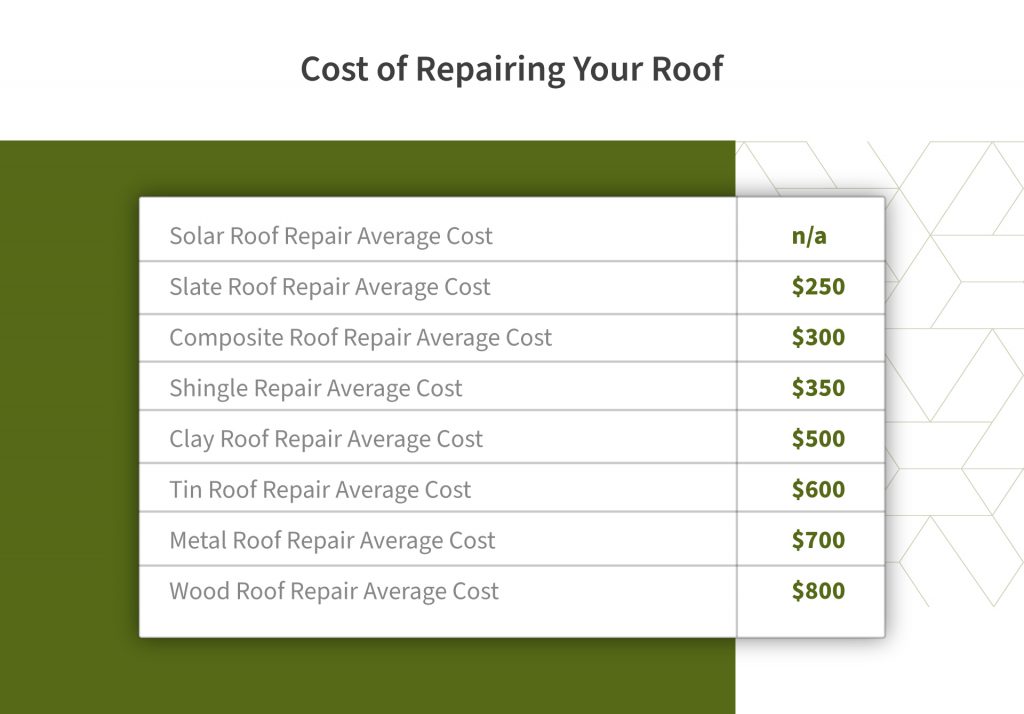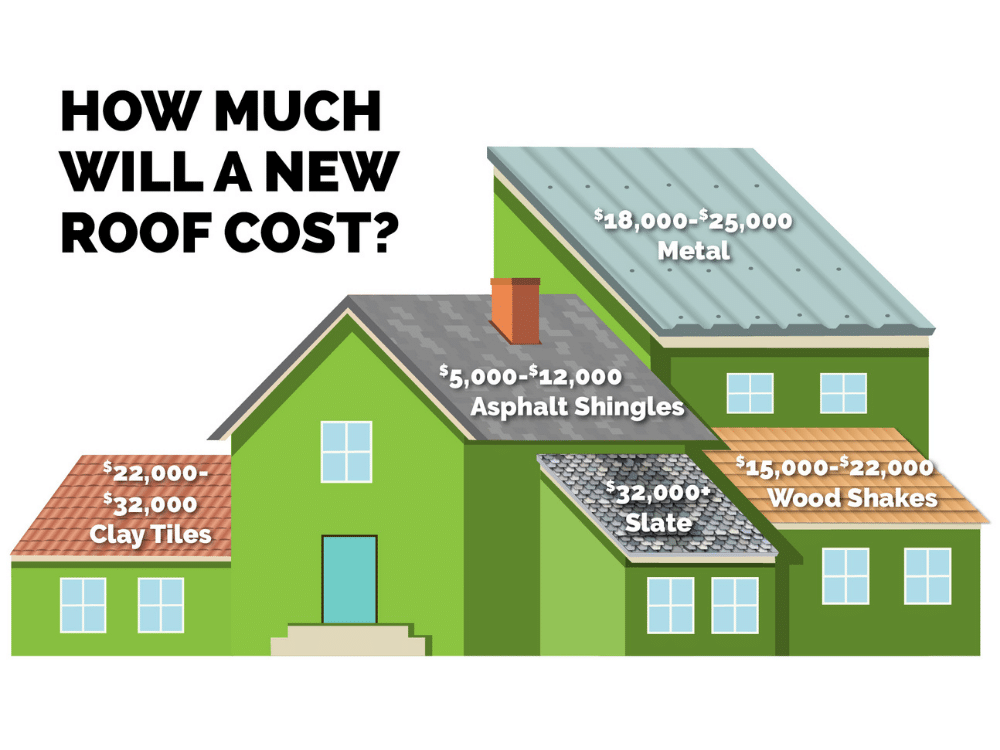Roof replacement cost estimate: A Comprehensive Guide to Understanding Expenses
Exploring the world of roof replacement cost estimates, this introduction sets the stage for a detailed discussion on the key factors influencing costs and how homeowners can navigate through this process with ease.
As we delve deeper into the intricacies of roof replacement costs, readers will gain valuable insights into the various aspects that contribute to the overall estimate, ensuring informed decision-making for their upcoming projects.
Overview of Roof Replacement Cost Estimate
A roof replacement cost estimate is a detailed calculation of the expenses involved in replacing a roof on a building or a house. It takes into account factors such as materials, labor, permits, and any additional services required to complete the project.
Importance of Getting a Detailed Cost Estimate
Before proceeding with a roof replacement, it is crucial to obtain a detailed cost estimate. This allows homeowners to budget effectively and plan for the expenses involved. A comprehensive cost estimate also helps in avoiding any unexpected costs that may arise during the project.
Factors Influencing the Cost Estimate
- The size and slope of the roof: A larger roof with a steeper slope will require more materials and labor, leading to higher costs.
- Type of roofing materials: The choice of materials, such as asphalt shingles, metal, or tiles, will impact the overall cost of the replacement.
- Roofing accessories: Additional features like skylights, chimneys, or vents can add to the cost of the replacement project.
- Location and accessibility: Factors such as the location of the property and the ease of access to the roof can influence labor costs.
- Removal of old roof: If the existing roof needs to be removed before installation, this process will incur additional expenses.
Types of Roofing Materials and Their Impact on Cost

When it comes to roof replacement, the choice of roofing material plays a significant role in determining the overall cost estimate. Different roofing materials have varying costs associated with them, as well as different lifespans and maintenance requirements.
Asphalt Shingles
Asphalt shingles are one of the most common roofing materials used for replacement. They are relatively affordable and easy to install, making them a cost-effective option for many homeowners. However, asphalt shingles have a shorter lifespan compared to other materials and may require more frequent replacement, which can impact long-term costs.
Metal Roofing
Metal roofing is known for its durability and longevity, which can make it a cost-effective choice in the long run. While metal roofs may have a higher upfront cost compared to asphalt shingles, they require less maintenance and have a longer lifespan, potentially saving money on repairs and replacements over time.
Wood Shakes
Wood shakes offer a natural and rustic look to a home but come at a higher cost than asphalt shingles. While wood shakes may require more maintenance and have a shorter lifespan, some homeowners are willing to pay the premium for the aesthetic appeal they provide.
Clay Tiles
Clay tiles are a premium roofing material known for their durability and aesthetic appeal. However, they come with a higher upfront cost compared to other materials like asphalt shingles. While clay tiles can last for decades with proper maintenance, the initial investment may be a deterrent for some homeowners.
Slate Roofing
Slate roofing is a high-end option known for its elegance and longevity. While slate roofs have a premium price tag, they can last a century or more when properly maintained. The durability and aesthetic appeal of slate roofing can justify the higher cost for some homeowners looking for a long-term roofing solution.
Labor Costs and Other Additional Expenses

When it comes to roof replacement, labor costs and additional expenses can significantly impact the overall cost estimate. Understanding the breakdown of labor costs and knowing what other expenses to expect can help you better prepare for your project.
Labor Costs
Labor costs typically make up a significant portion of the total roof replacement cost. These costs include the wages of the roofing crew, as well as overhead costs such as insurance and worker's compensation. The complexity of the job, the size of the roof, and the type of roofing material being installed can all affect labor costs.
It's essential to get multiple quotes from reputable roofing contractors to ensure you are getting a fair price for the labor involved.
Additional Expenses
In addition to labor costs, there are other expenses that may be included in the cost estimate for roof replacement. These can include permits, disposal fees for old roofing materials, and any necessary equipment rentals. It's important to factor in these additional expenses when budgeting for your roof replacement project to avoid any surprises once the work begins
Tips to Save on Labor Costs and Reduce Additional Expenses
- Get multiple quotes from different roofing contractors to compare labor costs and ensure you are getting a competitive price.
- Consider scheduling your roof replacement during the off-season when contractors may offer lower labor rates.
- Choose roofing materials that are easier to install, as more labor-intensive materials can drive up labor costs.
- Try to bundle any necessary permits or disposal fees into one package with your roofing contractor to potentially save on overall costs.
- Ask your roofing contractor if there are any cost-saving measures you can take, such as preparing the site before they arrive or choosing a more efficient installation method.
Average Cost Estimates and Regional Variances

When it comes to roof replacement, the average cost estimates can vary significantly based on the type of roofing material used and the size of the roof. Additionally, regional variances play a crucial role in determining the overall cost of a roof replacement project.
Average Cost Estimates Based on Roofing Material and Roof Size
- Asphalt shingles: On average, replacing a roof with asphalt shingles can cost anywhere from $1,700 to $8,400 for a 1,700 square foot roof.
- Metal roofing: The average cost for metal roof replacement ranges from $7,000 to $30,000 for the same size roof.
- Tile roofing: Tile roof replacement can cost between $8,000 to $24,000 for a 1,700 square foot roof on average.
Regional Variances and Factors Affecting Cost
Regional differences in roof replacement costs can be influenced by various factors such as:
- Cost of living in the area
- Local labor rates
- Permit and inspection fees
- Climate and weather conditions
It's essential to consider these factors when estimating the cost of a roof replacement project in different regions.
Obtaining Accurate Cost Estimates for Specific Regions
For accurate cost estimates tailored to specific regions or locations, it is recommended to:
- Consult with local roofing contractors who are familiar with the area.
- Get multiple quotes from different contractors to compare prices.
- Consider any additional factors that may impact the cost, such as accessibility to the roof, existing damage, and required permits.
Cost Estimation Tools and Resources
When planning for a roof replacement project, it's crucial to have accurate cost estimates to budget effectively. Fortunately, there are several online tools and resources available to help homeowners calculate roof replacement costs. These tools can provide valuable insights and guidance, ensuring that you are well-prepared for the financial aspect of the project.
Online Cost Estimation Tools
- Roofing Calculator: These online tools take into account factors like square footage, roofing material, labor costs, and other variables to provide a detailed cost estimate for your roof replacement project.
- Roofing Cost Estimator Apps: Mobile applications offer convenient ways to calculate roof replacement costs on the go. They often include features for customization based on specific project requirements.
Comparing Cost Estimation Methods
- Manual Estimation vs. Online Tools: While manual calculations can be time-consuming and prone to errors, online tools leverage algorithms and databases to provide more accurate cost estimates.
- Professional Consultation: Consulting with roofing experts or contractors can also help in getting precise cost estimates based on your roof's unique characteristics.
Using Cost Estimation Tools Effectively
- Input Accurate Data: Ensure that you provide accurate information such as roof size, material preferences, and additional requirements to get more precise estimates.
- Compare Multiple Estimates: Utilize multiple cost estimation tools to compare and validate the results, helping you make informed decisions.
- Consider Contingency: It's advisable to include a contingency fund in your budget to accommodate any unforeseen expenses that may arise during the project.
Last Word
In conclusion, understanding the nuances of roof replacement cost estimates is crucial for planning and budgeting effectively. By considering the factors discussed, homeowners can embark on their roof replacement journey with confidence and clarity, knowing what to expect in terms of expenses and how to optimize their resources.